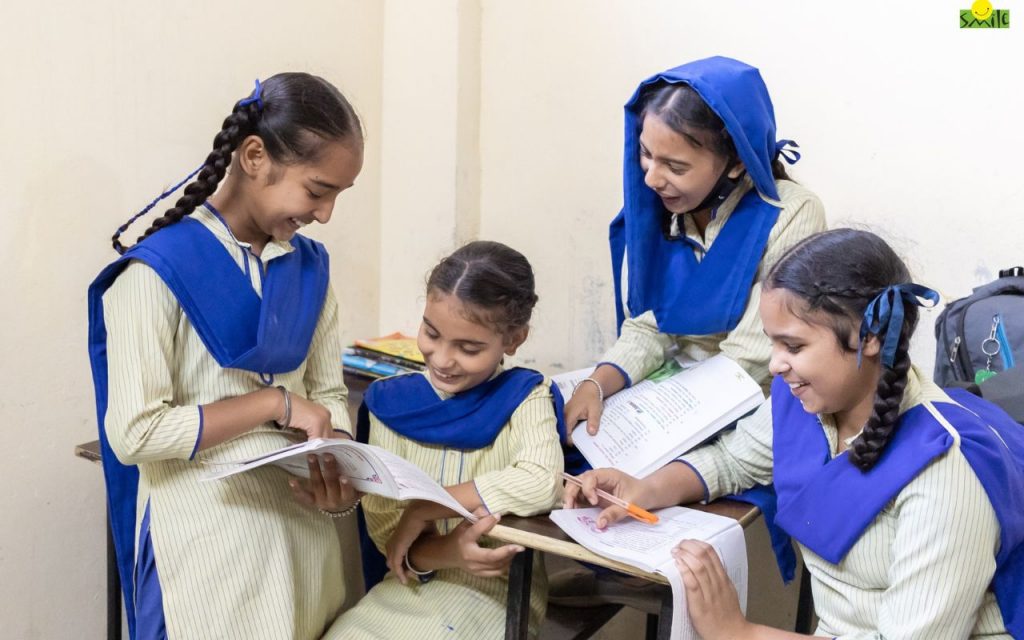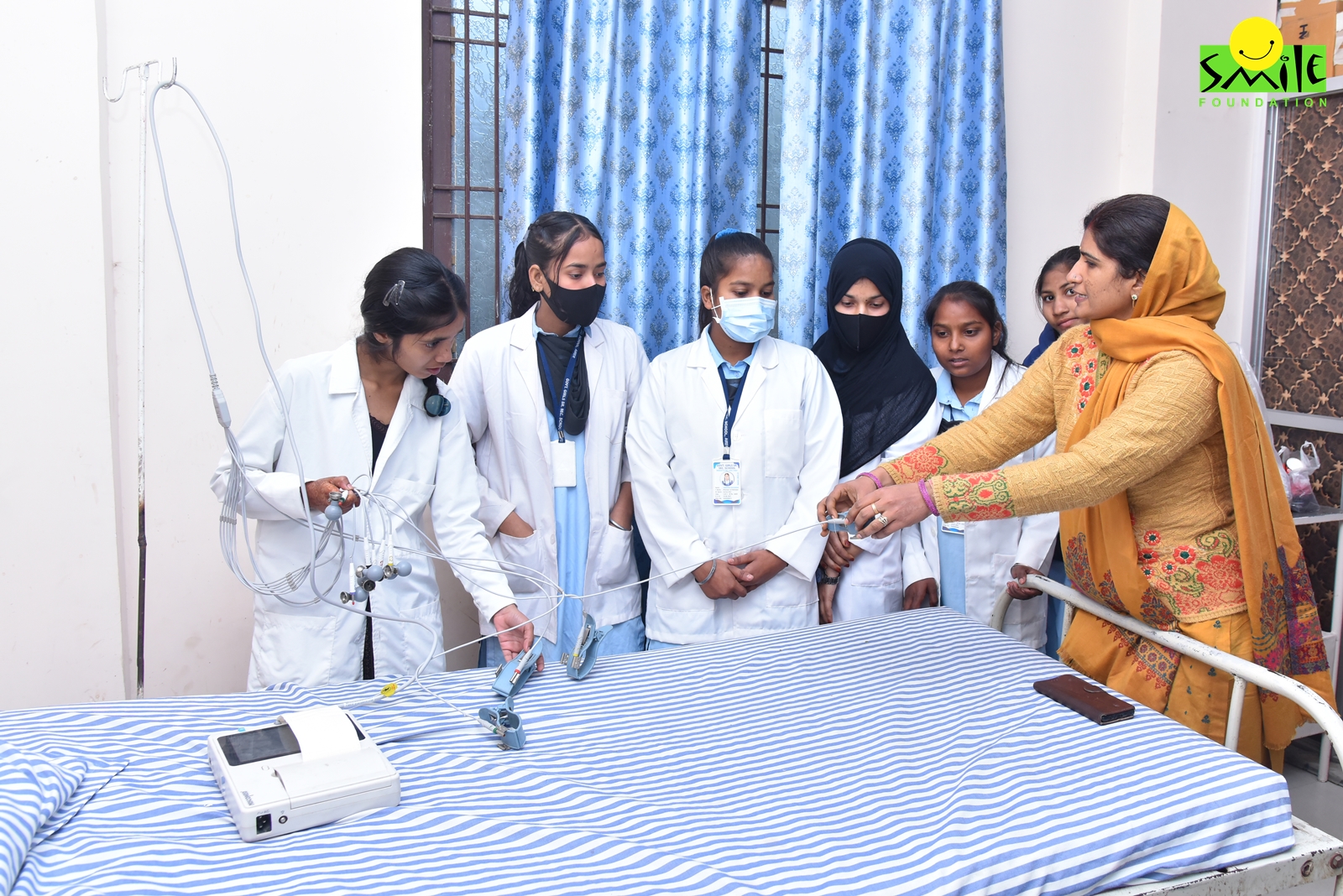Have you ever wondered how children or even youngsters learn about sex and sexuality in India? The country not only lacks formal sex education but also considers the topics taboo. In the absence of proper guidance, people often learn about it through the internet and other unreliable sources of information. As a result, they often consume misinformation and develop unrealistic expectations in their minds. These misconceptions, coupled with associated stigma, have been causing more damage to youngsters now than ever. That’s why the implementation of sex education at schools has become more important now. Read along to understand the topic in detail.
What is sex education?
Sex education bestows individuals with accurate and age-appropriate information about sexuality and sexual and reproductive health. Skills imparted by sex education are crucial for one’s health and survival because they help people to make informed decisions. Sex education also helps individuals to navigate relationships with their partners and with themselves and maintain their own sexual health.
It is a comprehensive programme that talks about various aspects of human sexuality, including biological, emotional, health and safety, gender and sexual orientations. Such programmes create awareness by not just educating people about human development, reproductive health and sexually transmitted diseases but also clarifying the misconceptions about various sex-related issues. Sex education can be taught at educational institutions, homes or through community programmes.
The technical guidance of the United Nations recommends that sex education programmes should be conducted based on an established curriculum that is not just scientifically accurate but also comprehensive and age-appropriate. These curricula should cover a wide range of topics on sexuality and sexual and reproductive health, right from childhood to adolescence.
Importance of sex education
Sex education has become vital in recent times for numerous reasons. Some of them are discussed below.
- Breaking the taboos: Since topics related to sex and sexuality are viewed through the lens of cultural and religious beliefs, they are still considered taboo in India. By imparting sex education to children, one can actually break down the taboo surrounding these topics. For these programmes normalising conversations about sexual health and relationships. When students feel safe discussing these topics in a structured setting, they are more likely to engage in meaningful conversations outside the classroom, whether with peers, family or partners. Normalising these conversations can help them have healthier attitudes toward sex and relationships.
- Addressing myths and misconceptions: In a country like India where talking about sex and sexuality is still considered taboo, myths and misinformation regarding the topic flood around without an end. It is important to provide accurate and evidence-based information to dispel the myths and misconceptions. That’s what sex education has been doing to children. By properly understanding issues like bodily changes, sexually transmitted diseases, contraception, personal boundaries and consent, one can make informed decisions regarding their sexual health. It not only reduces the stigma associated with it but also empowers them. This empowerment challenges societal norms that often silence or marginalise certain voices, especially those of marginalised communities.
- Ensuring safety: One of the most significant components of sex education is teaching children about consent. Through these programmes, children learn that consent is essential in all forms of interactions and not just sexual ones. By understanding these concepts, one can set their own boundaries and respect those of others, significantly reducing the likelihood of sexual abuse and assault. It also helps children in distinguishing safe and unsafe touch. Sex education often talks about body autonomy and the importance of communicating discomfort. By fostering open discussions, children can feel empowered to speak up if they ever feel uncomfortable or threatened.
Importance at schools
Educational institutions, especially schools, play a vital role in educating students on sexually related topics. Properly educating children before or while they start to become sexually active is a must. For it reduces the chances of learning misconceptions or incorrect information from unauthentic sources. Teaching about sex at schools will enable students to distinguish between right and wrong information that is poured upon them from various sources. Sex education helps individuals protect themselves from sexual abuse, sexually transmitted diseases and teenage pregnancies.
Since many cultures, even today, consider talking about puberty and other bodily changes as taboo. As a result, many children remain unaware of these biological changes and struggle to deal with them on their own for a long period of time. Not just that, by imparting sex education, schools create a healthy relationship between teachers and students. This in turn will allow children to open up to their teachers in case of any issues.
Talking about the importance of sex education, the World Health Organization (WHO) says, “High-quality sexuality education delivers positive health outcomes with lifelong impacts. Young people are more likely to delay the onset of sexual activity—and when they do have sex, to practise safer sex—when they are better informed about their sexuality, sexual health, and their rights. Sexuality education also helps them prepare for and manage physical and emotional changes as they grow up, including during puberty and adolescence, while teaching them about respect, consent, and where to go if they need help. This in turn reduces risks from violence, exploitation, and abuse.”
How ready are Indian schools for sex education?
Sex education has been gaining visible attention in the country in recent years. It is mainly because of the rise in the number of people who have started recognising the importance of fostering a healthy attitude towards sexuality. The lack of formal education on sex and sexuality is often cited as the reason for sexual abuse and other sex-related violence in the country. Recently, a Supreme Court bench comprising Chief Justice DY Chandrachud and Justice JB Pardiwala even called for the implementation of sex education across the country. They said that the programmes are important to address misconceptions and prevent risky sexual behaviours. But in India, where sex and sexuality are still considered contentious subjects and are overshadowed by social and cultural stigmas. This in turn makes it extremely difficult for the schools to include sex education in their curriculum.
Though the national curriculum framework advocates for sex education, the union government’s new education policy makes no mention of it. Similarly, several states quite often make announcements regarding the teaching of sex education at schools. But it just does not take off all the time. Meanwhile, several states, including Karnataka, Madhya Pradesh and Gujarat, have banned sex education.
Indian schools are clearly not ready to include sex education in their curriculum for several reasons. One of the important reasons is that advocates of sex education call for an age-appropriate and high-quality curriculum that talks about broader topics, including consent and gender identity, among others. But most of the time, the curriculum covers only basic topics like biological aspects and neglects other aspects.
Also, educators are not qualified enough to handle the sensitive topic, which in turn can cause more damage than good to students. Cultural resistances and stigma associated with these topics hinder open dialogues between educators, students and parents, creating an environment where misinformation thrives.
Conclusion
Children who are capable of making informed decisions about themselves, their bodies, and their interactions with others are more likely to grow into healthy adults. It is essential to educate them about their bodies, consents and respect, among other things, as they grow up and as they undergo these changes. Only by providing them the right information at the right time can we protect them from consuming overflowing misinformation that is available at arm’s length. That’s where this education plays a vital role. It is high time the Indian government takes effective steps to introduce sex education at educational institutions. This will not just help in reducing sexual abuses but also helps in fostering healthy relationships among future generations.









